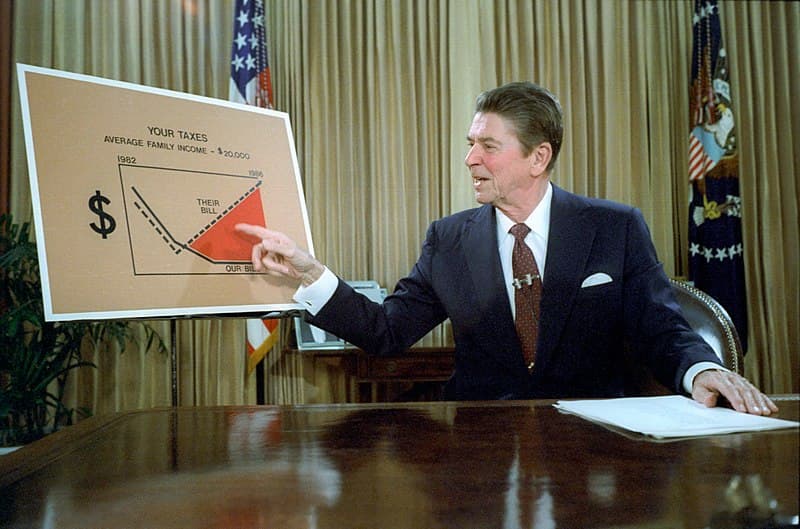The Budget: Biden v. Reagan
The president is ignoring the lessons of the 1970s and pushing a budget that will worsen inflation.

President Biden’s tax-and-spend budget brings us back to 1980 when President Reagan rode the inflation issue to the White House. Back then, Reagan promised to lower taxes, and offered relief from “bracket creep” — caused by inflation artificially pushing Americans into higher income tax brackets. “An insidious tax,” Reagan called it. Mr. Biden, though, is ignoring the lessons of the 1970s and pushing a budget that will worsen inflation.
Please check your email.
A verification code has been sent to
Didn't get a code? Click to resend.
To continue reading, please select:
Enter your email to read for FREE
Get 1 FREE article
Join the Sun for a PENNY A DAY
$0.01/day for 60 days
Cancel anytime
100% ad free experience
Unlimited article and commenting access
Full annual dues ($120) billed after 60 days

